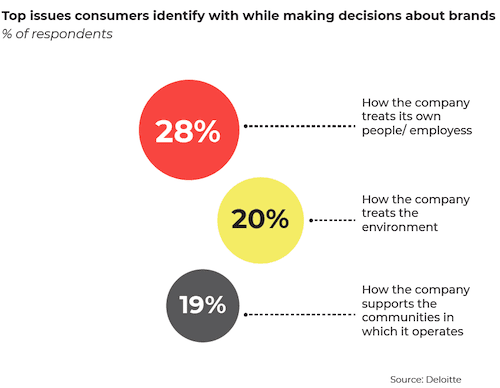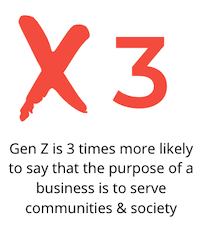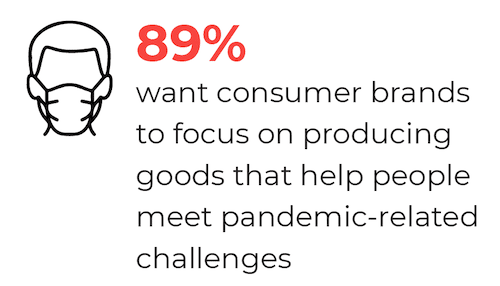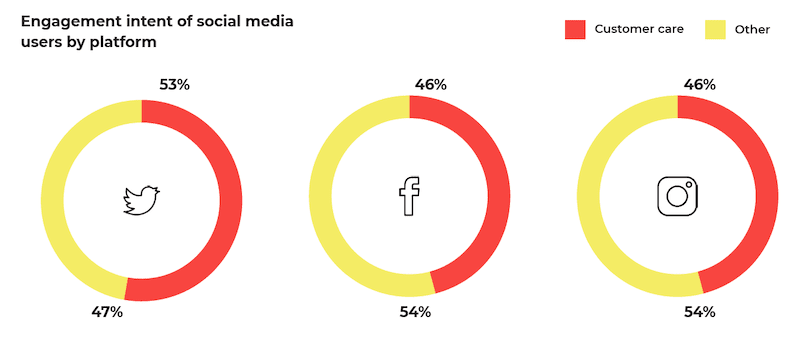Customer Reward Programs
Consumers today are attracted to brands’ social and societal credentials
What inspires consumers’ loyalty? Today, consumer and retail companies need to appeal to their customer’s hearts before they can appeal to their minds (and purses). In a world where a brand’s social, political and environmental impact is closely monitored, these are the top criteria for consumers when rewarding brands with their loyalty and custom today:
- How the brand treats its employees
- How it treats the environment
- Support it provides to the community
Not to mention overwhelming support for brands with true purpose
- 64% of US adults say a company’s primary purpose should be “making the world a better place”
- 70% of US consumers want to know what the brands they support are doing to address social and environmental issues
- Gen Z is 3 times more likely to say that the purpose of business is to serve communities and society, rather than to simply make good products and services
- 94% of CEO’s feel a personal responsibility for laying out their company’s core purpose and role in society
Forrester found that ‘Progressive Pioneers’ are the most empowered consumers today
They are more likely to support brands that help their local communities. 57% intend to buy from companies that contribute to environmental sustainability over the next two years.
Consumers want brands to take a solid stand against racism as well as put safety solutions before sales
Healthy majority of the consumers want brands to:
- Produce goods that help meet Covid related challenges
- Offer free or discounted products to vulnerable sections
- Make a statement against racism
Putting solutions before sales during the pandemic
Consumers surveyed said they want brands to step up in the fight against COVID-19.
- 89% want consumer brands to focus on producing goods that help people meet pandemic-related challenges
- 89% want brands to offer free or discounted products to healthcare workers, vulnerable groups, and unemployed people
- 54% are only considering new products if they address coronavirus-related concerns
People also want social media to solve their problems
Many consumers are looking to resolve customer care-related issues, including questions about products and services, and airing complaints.
Response time expectations for social media communications that involve a complaint
- 50% of users expect a response to their complaint in less than 3 hours, regardless of it the communication occurred in a public tweet or a private message
- 47% of users expect a response to their complaint in less than 3 hours, regardless of it the communication occurred in a public post or a private message
- 55% of users expect a response to their complaint in less than 3 hours when they reach out privately, but 56% expect it when reaching out publicly
Most consumers interact more actively with the influencers
Consumers want a balance between educational and entertaining content from their influencers
- The vast number of people who follow influencers actively watch their videos, tag them, and send them messages
- However, a big chunk of consumers engage with the influencers while randomly scrolling through their feed
- 72% of the consumers said they were spending more time on social media since the outbreak, with that figure rising to 84% among Gen Z respondents
- This behavior is likely to remain even after the restrictions are totally gone






